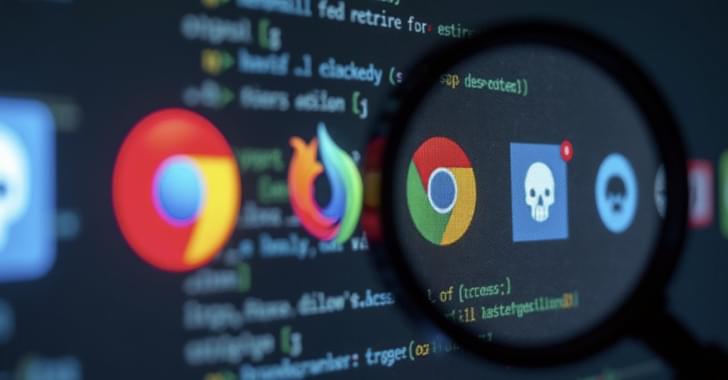We need to do more than deflect cyberattacks. We must build the capacity to sustain operations during and after a cyberattack. We need to bounce back stronger than ever.



Young Consulting has confirmed it lost sensitive data on almost a million people in a ransomware attack that happened earlier in 2024.
The company confirmed the news by sending out data breach notification letters to exactly 954,177 customers, which said it became aware of “technical difficulties” in its computer environment in mid-April 2024.



The three final algorithms, which have now been released, are ML-KEM, previously known as kyber; ML-DSA (formerly Dilithium); and SLH-DSA (SPHINCS+). NIST says it will release a draft standard for FALCON later this year. “These finalized standards include instructions for incorporating them into products and encryption systems,” says NIST mathematician Dustin Moody, who heads the PQC standardization project. “We encourage system administrators to start integrating them into their systems immediately.”
Duncan Jones, head of cybersecurity at the firm Quantinuum welcomes the development. “[It] represents a crucial first step towards protecting all our data against the threat of a future quantum computer that could decrypt traditionally secure communications,” he says. “On all fronts – from technology to global policy – advancements are causing experts to predict a faster timeline to reaching fault-tolerant quantum computers. The standardization of NIST’s algorithms is a critical milestone in that timeline.”




